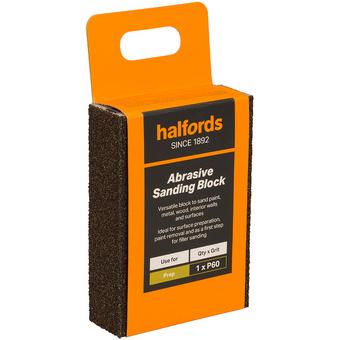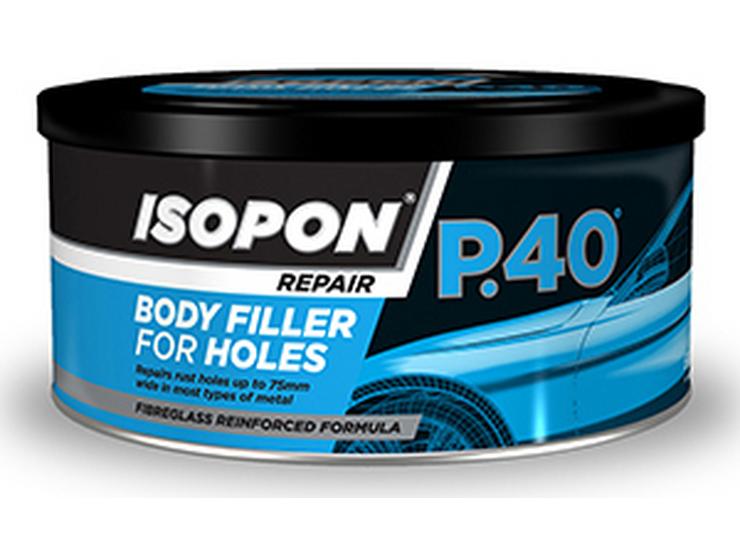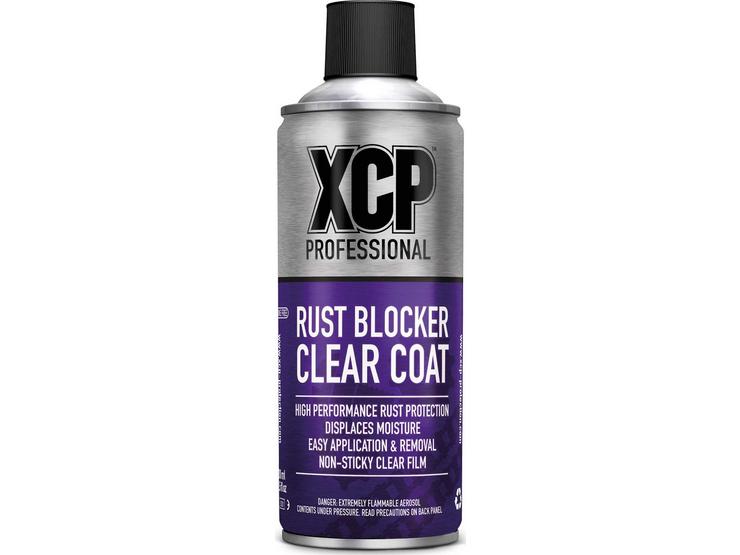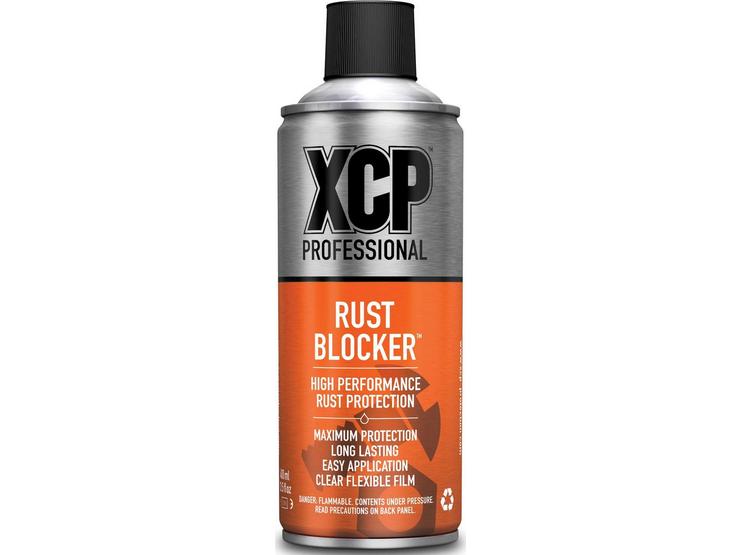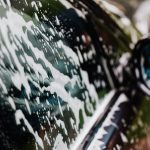Over time, cars can naturally become prone to rust. While it may look alarming, rusting can be avoided with the right precautions and can be simple to remove if you take action quickly.
In this article, we’ll cover how to get rid of rust on a car, how rust develops, and how to prevent it from happening in the future.
What causes car rust?
Car rust is caused when iron, oxygen, and water react, also known as oxidisation. This process can create a brown coating on metalwork and lead to corrosion.
Rust can develop on any vehicle after a number of years due to a variety of factors. Older vehicles can be more prone to rusting as they are less likely to have been manufactured using the same rust-proofing materials as newer cars. However, all vehicles can be subject to rusting as a result of the following:
- Wet weather – Exposure to moisture from the rain or snow can lead to oxidisation of your car exterior. Salts used to grit the roads during snowy weather can also speed up the corrosion process.
- Age of vehicle – Over time, vehicles can experience general wear and tear which can eventually develop into rust and corrosion of metalwork.
- Tyres of car journeys – If you regularly drive off-road and splash through puddles, the moisture will increase your chances of corrosion.
What are the different types of rust?
Rust can be categorised into three different types:
- Surface rust – As the name suggests, surface rust affects the top layer of your vehicle and usually impacts bumps and dents within car body panels. Acting quickly against surface-level rust will prevent the damage from spreading further.
- Scale rust – Surface rust will eventually develop into scale rust if left untreated and will lead to corrosion of the car body panels. As mentioned previously, salt from the road can accelerate the corrosion process and can cause lasting damage to the metal if left untouched.
- Penetrating rust – Penetrating rust is the most severe form of rust and can be difficult to repair. This occurs if scale and surface rust has been left untreated and can result in complete replacement of car body panels.
What areas of the car are prone to rust?
Rust can develop across all areas of your vehicle, although some areas are more common than others:
- Doors – Check your car doors, inside and out. Also look underneath the doors on both sides, including the frame rails as these areas can be subject to moisture.
- Wheels – The wheel arches above your tyres can be subject to rust, particularly older vehicles which are less likely to have arch liners.
- Exhaust – Moisture, dirt, and mud can become trapped around your tailpipe, so it’s a good idea to give this a check.
- Suspension – With the suspension being so close to the tyres, dirt can enter the area and lead to moisture build-up over time.
How to identify car rust
There are a few clear early signs of car rust:
- Bubbling – Bubbling in your car paintwork is an indication that water has gathered underneath the panels.
- Puddles/dampness – If your carpets or interior fabrics feel damp, the metal underneath has likely rusted.
- Body damage – Dents in your body work can be prone to surface rust so it’s important to get these looked at as soon as possible.
- Paint imperfections – Check your paintwork for any spots that look different from the original paintwork as this could be an early sign of rusting.
Can car rust be repaired?
Car rust is repairable depending on the severity of the damage. Serious penetrating rust may require full replacement of car parts and body panels. If you’re unsure if the rust on your car is treatable, have it looked at by a professional.
How much does it cost to repair car rust?
The cost of treating car rust is entirely dependent on the extent of the damage and where the rusting area is located on your vehicle. Mild rust can be repaired using an affordable rust removal treatment and a few inexpensive tools, whereas the replacement of a body panel will be considerably more expensive!
Can I remove car rust myself?
If the rusting on your car is moderate, you should be able to repair this yourself using abrasives and a rust removal treatment. Using a sanding block will help remove the rust, while a glass fibre repair paste such as Davids ISOPON P40 Glass Fibre Repair Paste will help fill any rust holes (you may need to repeat this process several times).
Finish off with a protective clear coat such as XCP Rust Blocker Clear Coat to provide lasting protection against moisture.
If the rust on your car is more advanced or you don’t feel confident in treating the rust yourself, then book an appointment at one of our Autocentres and our experts will happily take a look.
How to prevent car rust
There are a number of things you can do to prevent car rust from reappearing:
Rinse and dry your vehicle
If you’ve been driving in adverse weather, it’s a good idea to rinse and dry your car to ensure it’s free from grime and moisture, which can eventually lead to rusting.
Add a wax coating
A wax coating adds a protective layer to your car’s paintwork and prevents moisture and dirt from building up over time.
WD40
WD40 is a great product to help disperse water from your vehicle (the WD stands for water dispersant.) It’s particularly good at driving moisture away from door hinges and joints.
Keep your vehicle dry
Try and keep your car as dry as possible by parking it in a garage if you can. Using a dehumidifier as well will also help remove moisture from the air to help your car stay dry.
Use a rust blocker
Using a rust blocker such as XCP Rust Blocker provides a long-lasting protective barrier on metal surfaces to help prevent corrosion.
While rust can be problematic for a car, if you take the necessary precautions and address any rusting issues early on, it can be a very manageable problem.
Browse our full range of rust removal solutions online or find your nearest Autocentre and book an appointment with us today. If you’ve not done so already, join the Halfords Motoring Club today to gain access to exclusive offers and discounts on our products and services.
